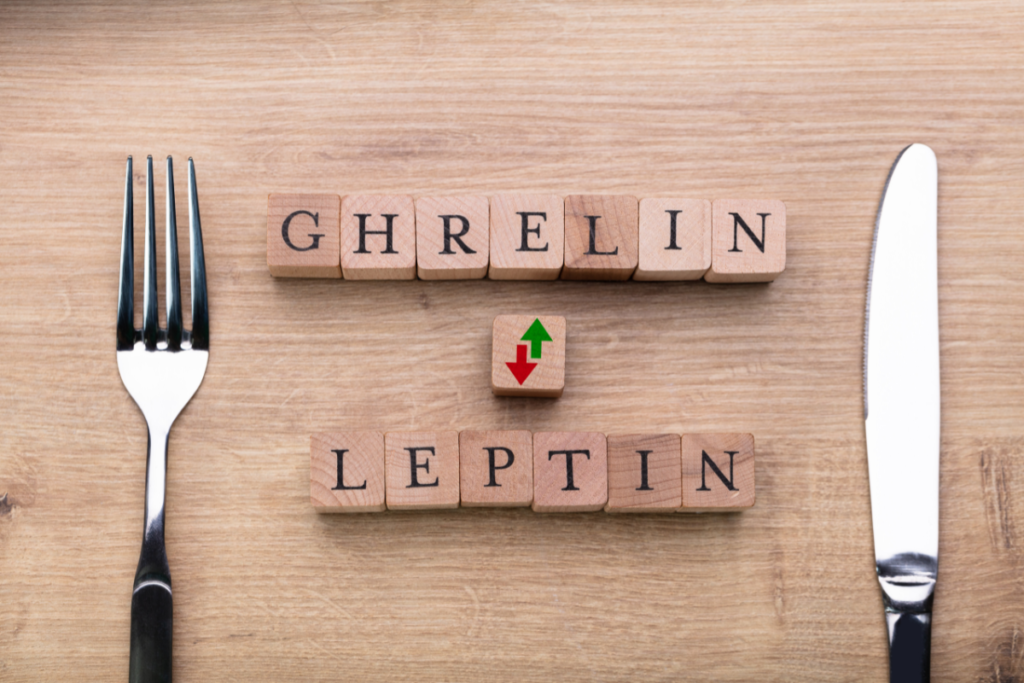
We’ve all experienced those days when a night of poor sleep leaves us craving snacks and feeling perpetually hungry. It turns out there’s a scientific reason behind this phenomenon, and understanding it can help you regain control over your cravings and your appetite. So, let’s dive into the fascinating world of sleep and cravings.
The Epidemic of Sleep Deprivation
It’s a well-known fact that many adults aren’t getting enough sleep. Depending on which study you consult, between one-third and one-half of adults suffer from insufficient sleep. While this might not seem like a big deal, it has significant consequences for your body and your cravings.
The Role of Hormones: Leptin and Ghrelin
Two crucial hormones are at the heart of the sleep-cravings connection: leptin and ghrelin.
Leptin: Often referred to as the “fullness hormone,” leptin signals to your brain that you’re satisfied and no longer hungry. Additionally, it instructs your body to utilize energy (burn calories) for daily activities. However, when you skimp on sleep, your leptin levels plummet, causing your brain to believe you lack energy, resulting in increased hunger and a tendency to store calories as a precaution against potential energy shortages.
Ghrelin: Ghrelin, in contrast, is known as the “hunger hormone.” Its levels rise when you’re sleep-deprived, leaving you feeling ravenous and potentially slowing your metabolism.
In essence, low leptin and high ghrelin levels create a perfect storm for cravings and weight gain. This hormonal interplay could be a remnant of our ancestors’ survival tactics, preparing them for calorie conservation during long, harsh winters.
What It Means for You Today
In today’s world, this ancient hormonal response can wreak havoc on your healthy eating intentions. However, armed with this knowledge, you can take steps to mitigate the impact of sleep deprivation on your cravings.
The Craving-Crushing Strategy:
- Prioritize Protein: Protein is incredibly satiating. Ensure you incorporate protein-rich foods into every meal to help curb cravings effectively.
- Stay Hydrated: Drinking enough water is essential for overall health and can also help regulate your appetite. Aim for at least half your body weight in ounces of water daily.
- Track Your Sleep: Consider using a sleep tracker on fitness devices like FitBit, Apple Watch, or Whoop to monitor both the duration and quality of your sleep. This information can be valuable in identifying sleep patterns that may be contributing to your cravings.
- Create a Sleep-Friendly Environment: Make your sleep a priority by optimizing your sleep environment. Ensure your bedroom is dark, cool, and quiet. Limit exposure to screens before bedtime, and establish a consistent sleep schedule.
By addressing these factors, you can work to overcome the cravings caused by sleep deprivation. Remember that your body deserves quality rest, and prioritizing sleep is a crucial component of overall health and well-being. So, aim for those 7-9 hours of restful sleep each night, and watch how it positively impacts your appetite and cravings.
Committed to your Success,
Keith, Michelle & More Team
REFERENCE:
https://science.howstuffworks.com/life/inside-the-mind/human-brain/sleep-obesity1.htm
